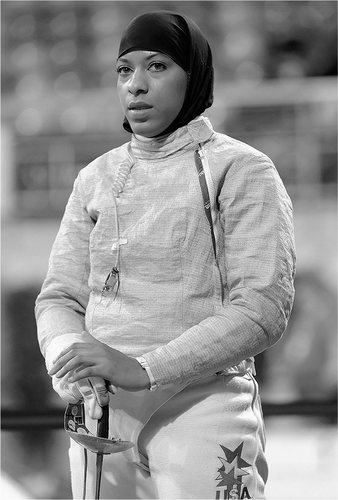Sports, Antiracism Efforts, and Public Opinion

In their recent Socius article, Knoester and Rockhill explore public opinion of recent, positive changes in sports that hope to further antiracism and multiculturalism. They use data from the National Sports and Society Survey (NSASS) to assess public opinion on changing team names and mascots that appropriate Native American identities and cultures, as well as the acceptance of hijabs in women’s sports. The authors also make broader claims about how public opinion is linked to respondent’s dominant status, traditionalism, and whether knowledge of discrimination was associated with support of antiracist policies in sport.
The authors found that 47 percent of respondents expressed support for changing Native American team names and mascots. Also, more than 70 percent of respondents showed support for allowing hijabs to be worn in women’s sports. However, while most respondents supported these two steps towards progress, respondents who identified with dominant statuses or in-group identities disagreed. Knoester and Rockhill defined dominant statuses and in-group identities as respondents that represented major demographics of sports fandom: the white heteronormative Christian man. The authors also found that respondents identified as traditional–older respondents with conservative ideals and lived in rural areas—were resistant to these changes. Finally, the study demonstrated how respondents’ awareness of racial discrimination was associated with their support for changes in sports, such as renaming teams and allowing hijabs.
